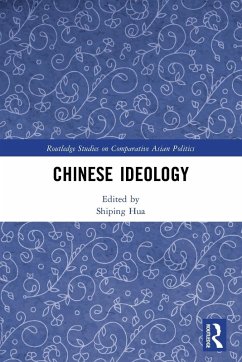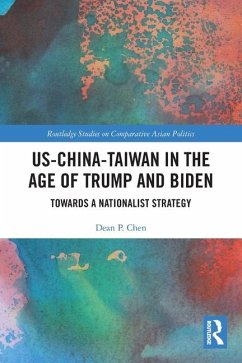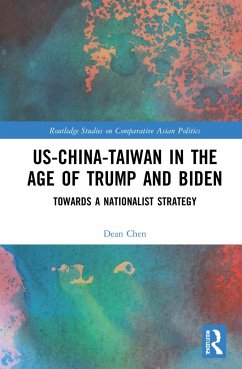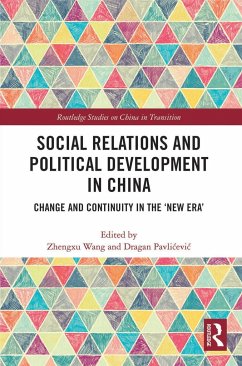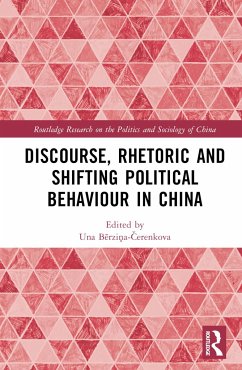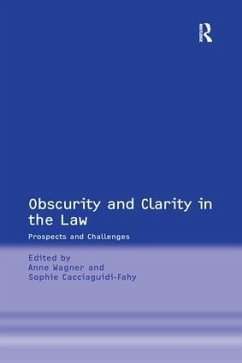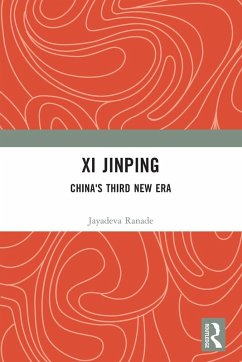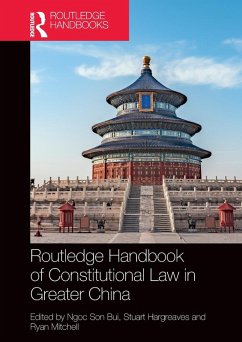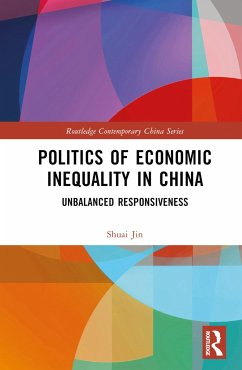
Chinese Legality
Ideology, Law, and Institutions
Herausgegeben: Hua, Shiping

PAYBACK Punkte
21 °P sammeln!
Chinese Legality focuses on the concept of "legality" as a lens through which to look at Chinese legal reforms, making a valuable contribution to the argument that law has historically been used as a tool to control society in China.This book discusses how Chinese legality in the Xi Jinping era is defined from a theoretical, ideological, historical, and cultural point of view. Covering vitally important events such as Xi's term limit issue, the Hong Kong protests and the Covid-19 pandemic, the book examines how legality is reflected and embodied in laws and constitutions, and how legality is r...
Chinese Legality focuses on the concept of "legality" as a lens through which to look at Chinese legal reforms, making a valuable contribution to the argument that law has historically been used as a tool to control society in China.
This book discusses how Chinese legality in the Xi Jinping era is defined from a theoretical, ideological, historical, and cultural point of view. Covering vitally important events such as Xi's term limit issue, the Hong Kong protests and the Covid-19 pandemic, the book examines how legality is reflected and embodied in laws and constitutions, and how legality is realized through institutions, with particular focus on how the CCP interacts with the legislature, the judiciary, the procuratorate, and the police.
As a study of the legal reforms under Xi Jinping, this book will be of interest to students and scholars of Chinese politics and law.
This book discusses how Chinese legality in the Xi Jinping era is defined from a theoretical, ideological, historical, and cultural point of view. Covering vitally important events such as Xi's term limit issue, the Hong Kong protests and the Covid-19 pandemic, the book examines how legality is reflected and embodied in laws and constitutions, and how legality is realized through institutions, with particular focus on how the CCP interacts with the legislature, the judiciary, the procuratorate, and the police.
As a study of the legal reforms under Xi Jinping, this book will be of interest to students and scholars of Chinese politics and law.





